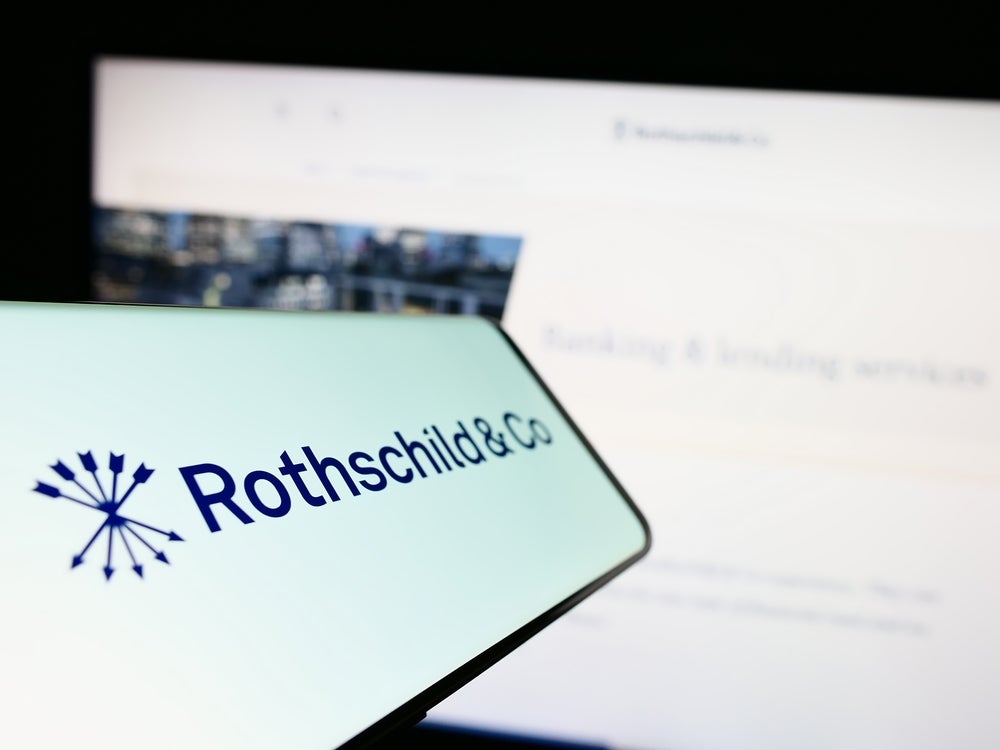
Based on figures issued this morning by HMRC, His Majesty’s Treasury received £6.3bn in inheritance tax collections in the ten months from April to January 2024.
This shows a continuous rise in inheritance tax costs, as they are £400m more than they were just a year ago.
Even while just 4% of estates are paying the tax, a larger percentage of families are impacted, and the government’s inheritance tax revenue has increased due to the combination of hiked property values and the freezing of inheritance tax thresholds.
According to Wealth Club, the average sum that families will have to pay in inheritance taxes is expected to climb to £238,000 in the fiscal year 2023/24.
More than 30,000 families are expected to be affected by this and will have to give a portion of their inheritance to the government.
It is a sharp 11.2% increase from the £214,000 average paid three years ago alongside a 14.2% rise in the quantity of estates paying the tax.
How well do you really know your competitors?
Access the most comprehensive Company Profiles on the market, powered by GlobalData. Save hours of research. Gain competitive edge.

Thank you!
Your download email will arrive shortly
Not ready to buy yet? Download a free sample
We are confident about the unique quality of our Company Profiles. However, we want you to make the most beneficial decision for your business, so we offer a free sample that you can download by submitting the below form
By GlobalDataNicholas Hyett, investment manager at Wealth Club said: said: “The government seems to be rowing back on potential tax cuts at the March Budget. And with IHT an ever-growing source of revenue, you can see why the Chancellor might find it difficult to cut this most unpopular of taxes. Any shortfall would mean higher tax or lower spending elsewhere.
The good news is that with a little planning, there are a number of perfectly legitimate and easy solutions to reducing your inheritance tax liability. For example, pensions can be passed on relatively tax efficiently, and the nil-rate residential band helps pass on properties to direct descendants.
In fact, the greatest IHT threat probably comes from where you least expect it: your ISA. While tax efficient in so many way, ISAs are not IHT free, so up to 40% of your long-term savings could end up with the taxman.
An alternative is to invest in an AIM ISA, a managed portfolio of AIM shares that can be IHT free after two years. This is thanks to a government scheme to encourage investment in AIM – providing funding to smaller, and therefore riskier, businesses that might otherwise struggle to raise funds. In return you still get the ISA benefits of tax-free income and growth for as long as you live, but you don’t need to worry about IHT on top.
For those who don’t expect to need their savings in the near term, and who are prepared to take a higher degree of risk, investing in early-stage businesses through EIS and SEIS might be worth considering. Not only are they very tax efficient, including being free of IHT after two years, but your money goes to fund entrepreneurial companies, which is great for economic growth and job creation.”
Those worried about inheritance tax ought to think about:
- Giving money away at an early stage. contributions made out of regular income that are not considered to impact the giver’s quality of living are exempt from inheritance tax on the first day, as are certain lesser contributions. Timing is critical since you can leave away unlimited amounts, but they normally take seven years to become entirely inheritance tax free.
- Investing in enterprises eligible for Business Relief. After two years, these are normally exempt from inheritance taxes. Investing in unquoted corporations can be harmful, but unlike giving money away, you maintain control.
- Putting money into an AIM ISA. There is an inheritance tax on ISAs. Your loved ones may lose out on 40% of the funds you’ve saved when you pass away. An easy workaround for this is to use AIM ISAs. They carry more risk, but they may not be subject to IHT after two years.







